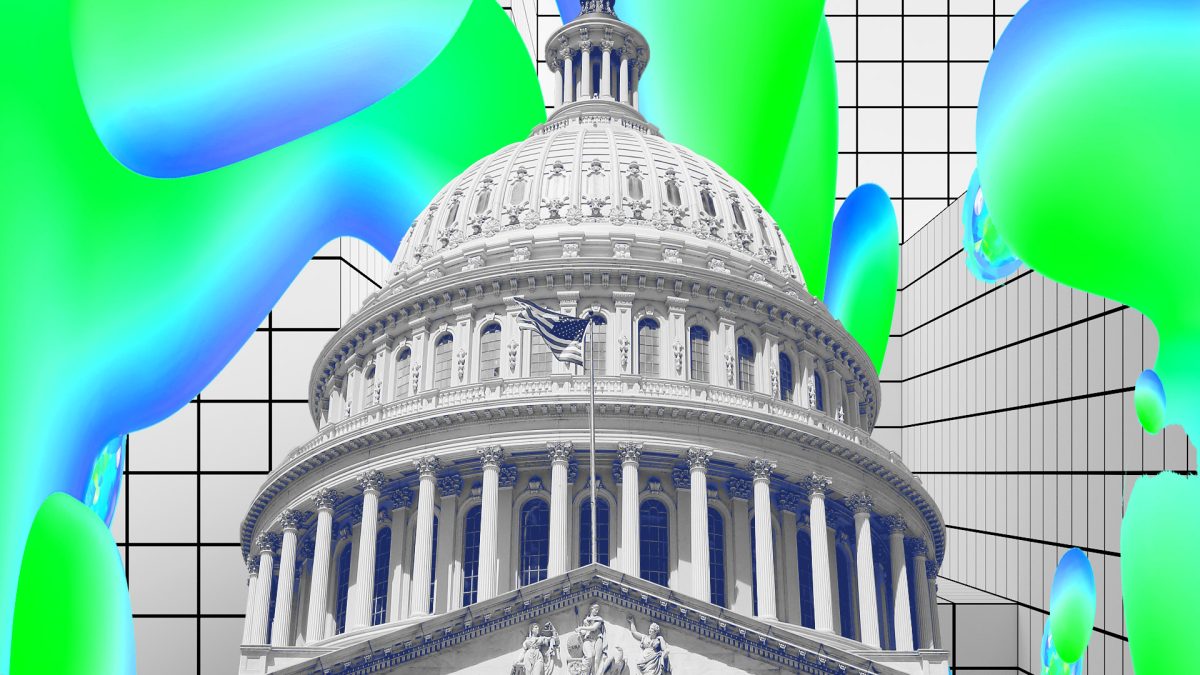House committee advances anti-CBDC bill despite Democratic pushback

Quick Take
- Tensions flared as Democrats and Republicans hashed out the future of a possible U.S. CBDC.
- “With all due respect, this bill is an act of breathless stupidity,” said Rep. Stephen Lynch, D-Mass.

Republicans in the House Financial Services Committee advanced a bill that would block the Federal Reserve from issuing a central bank digital currency directly to individuals.
Rep. Tom Emmer, R-Minn, introduced his "CBDC Anti-Surveillance State Act," HR 5403, last week, which would prohibit the central bank from issuing a CBDC directly to individuals and block the Fed from indirectly issuing one through an intermediary. His bill was one of many bills being marked up on Wednesday.
"I’m extremely proud to have this legislation, that frankly I've been working on for three years at least," Emmer told his colleagues on Wednesday.
"In short, a central bank digital currency is a government controlled programmable money that, if not designed to emulate cash, could give the federal government the ability to surveil and restrict Americans' transactions," he said. "This is not just alarming — it's downright un-American."
The Federal Reserve has been exploring the possibility of issuing a CBDC, though an official said earlier this month that the central bank was not close to developing it quite yet. The Fed last year released a report examining the pros and cons of a CBDC.
'Breathless stupidity'
The bill was met with strong pushback from some Democrats on the committee.
"With all due respect, this bill is an act of breathless stupidity," said Rep. Stephen Lynch, D-Mass.
"We’re at an inflection point right now, but this bill would take the U.S. out of the game," he added.
So far 130 countries, representing 98 percent of gross domestic product, are exploring a CBDC, according to the Atlantic Council.
Two amendments were floated during the hearing by Reps. Maxine Waters, D-Calif., and Lynch, but those did not get a majority of votes. The bill now heads toward the full House, though its future is unclear in the Senate where it will likely be met with pushback from Democrats.
Other bills have advanced from that committee over the past few months, including one that would significantly overhaul the way crypto is regulated in the U.S., with another focused specifically on stablecoins.
CBDCs have "major privacy concerns," such as the government's ability to track purchases, the Blockchain Association said on Wednesday, in support of Emmer’s bill.
"The right to financial privacy is protected by the Constitution. We support the CBDC Anti-Surveillance State Act – legislation aimed at preventing a CBDC from being issued in the United States," the association said.
© 2025 The Block. All Rights Reserved. This article is provided for informational purposes only. It is not offered or intended to be used as legal, tax, investment, financial, or other advice.







